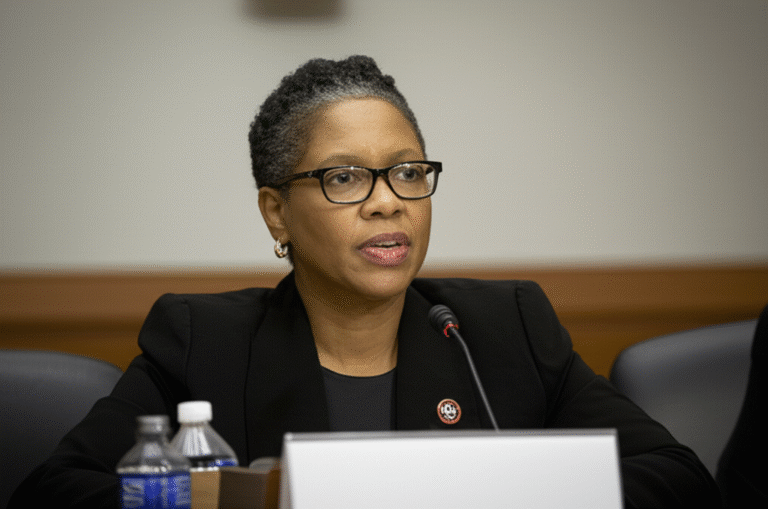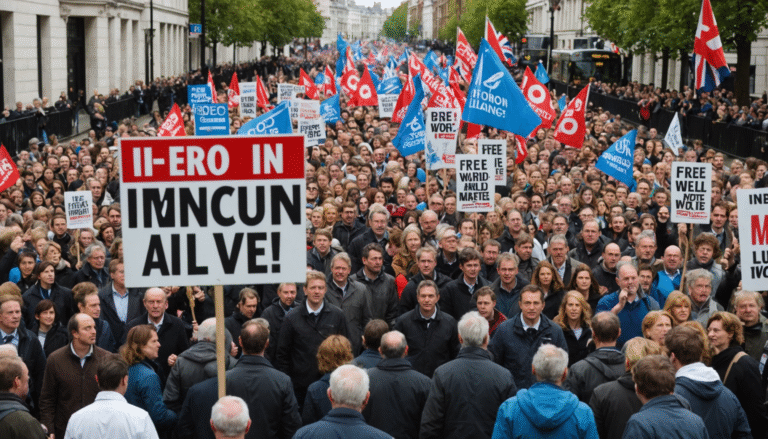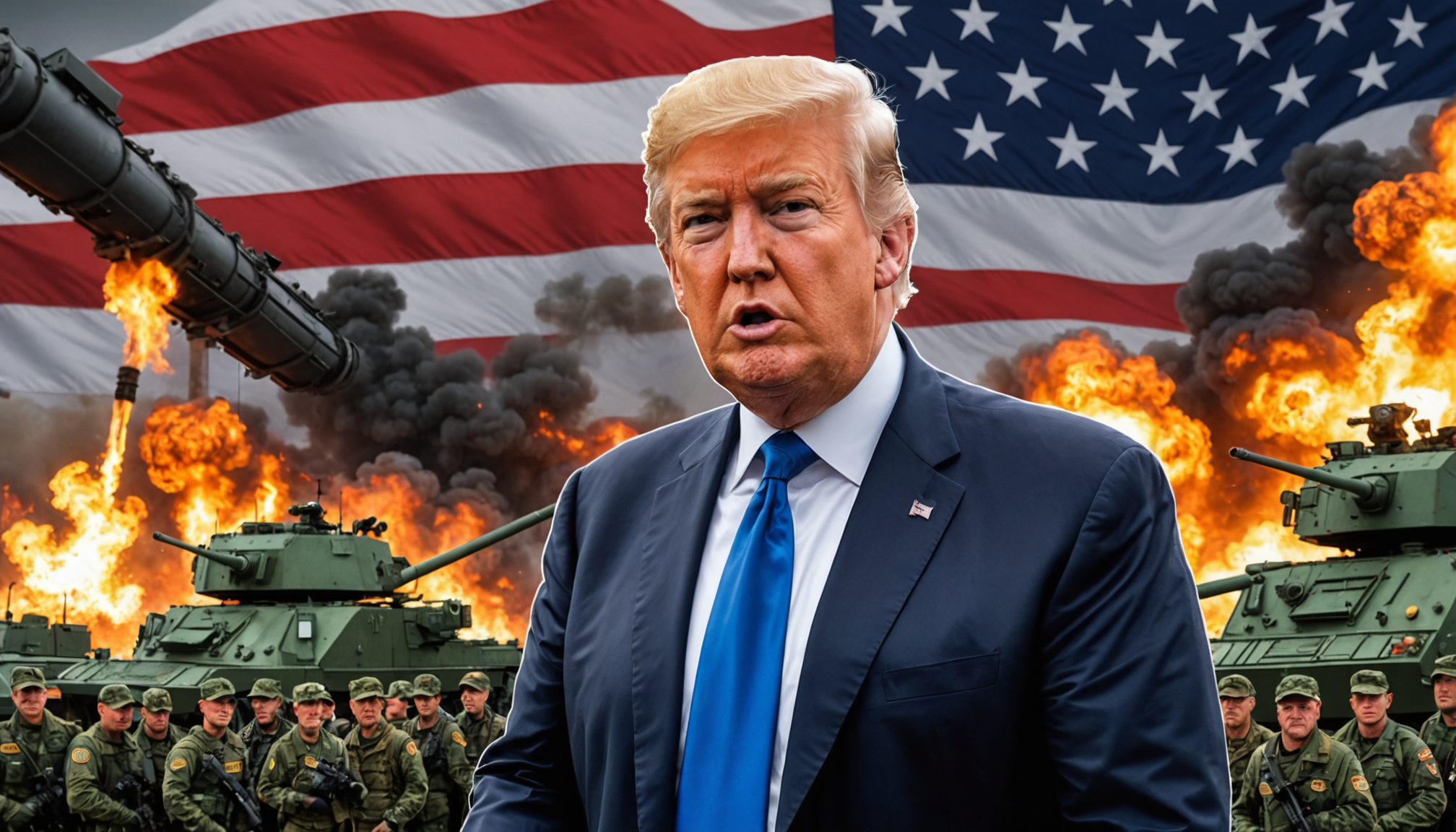
President Donald Trump stated on Saturday that the US is prepared to implement additional energy sanctions against Russia. However, this action is contingent upon all NATO nations ceasing their purchases of Russian oil and implementing similar measures. Trump emphasized in a social media post, “I am ready to do major sanctions on Russia when all NATO nations have agreed, and started, to do the same thing, and when all NATO nations stop buying oil from Russia.”

Increased Pressure on NATO
In recent weeks, the US has intensified pressure on NATO countries to strengthen energy sanctions against Russia. The goal is to contribute to the end of the war in Ukraine. Trump has faced criticism domestically for setting repeated two-week deadlines for Russia to de-escalate, deadlines that have passed without concrete action. A Reuters/Ipsos poll revealed that 54 percent of Americans, including a significant portion of Trump’s Republican base, believe he is overly aligned with Russia.
EU Response to Sanctions
A European Commission spokesperson commented on Saturday, stating, “The EU has engaged – and will continue to engage – with all relevant global partners in the context of its sanctions against Russia, and enforcement of same.” EU President Ursula von der Leyen clarified that any new sanctions would comply with EU regulations, including the principle of non-extra-territorial application of sanctions.
Global Sanctions and Economic Risks
The Group of Seven nations’ finance ministers are considering further sanctions on Russia, along with potential tariffs on countries deemed to be aiding Russia’s war in Ukraine. Energy revenues are a critical source of funding for Russia’s war effort, making oil and gas exports a prime target of Western sanctions. However, officials and analysts caution that severe restrictions on Russian crude could lead to higher global oil prices, potentially harming Western economies and public support for these measures.
Key Facts on Russian Oil Purchases
- Since 2023, Turkey has been the third largest buyer of Russian oil.
- Other NATO members purchasing Russian oil include Hungary and Slovakia.
- Energy revenues are the Kremlin’s main source of funding for the war.
- Aggressive curbs on Russian crude could increase global oil prices.
- China and India are also major importers of Russian oil.
Background
Trump proposed that NATO collectively impose tariffs ranging from 50 percent to 100 percent on Chinese imports. He believes this would weaken China’s economic influence over Moscow. He has already implemented a 25 percent tariff increase on imports from India, raising total punitive duties on Indian goods to 50 percent. This action is intended to pressure India to stop buying discounted Russian crude oil. However, Trump has avoided imposing additional tariffs on Chinese imports despite China’s purchases of Russian oil, due to a delicate trade truce with Beijing.
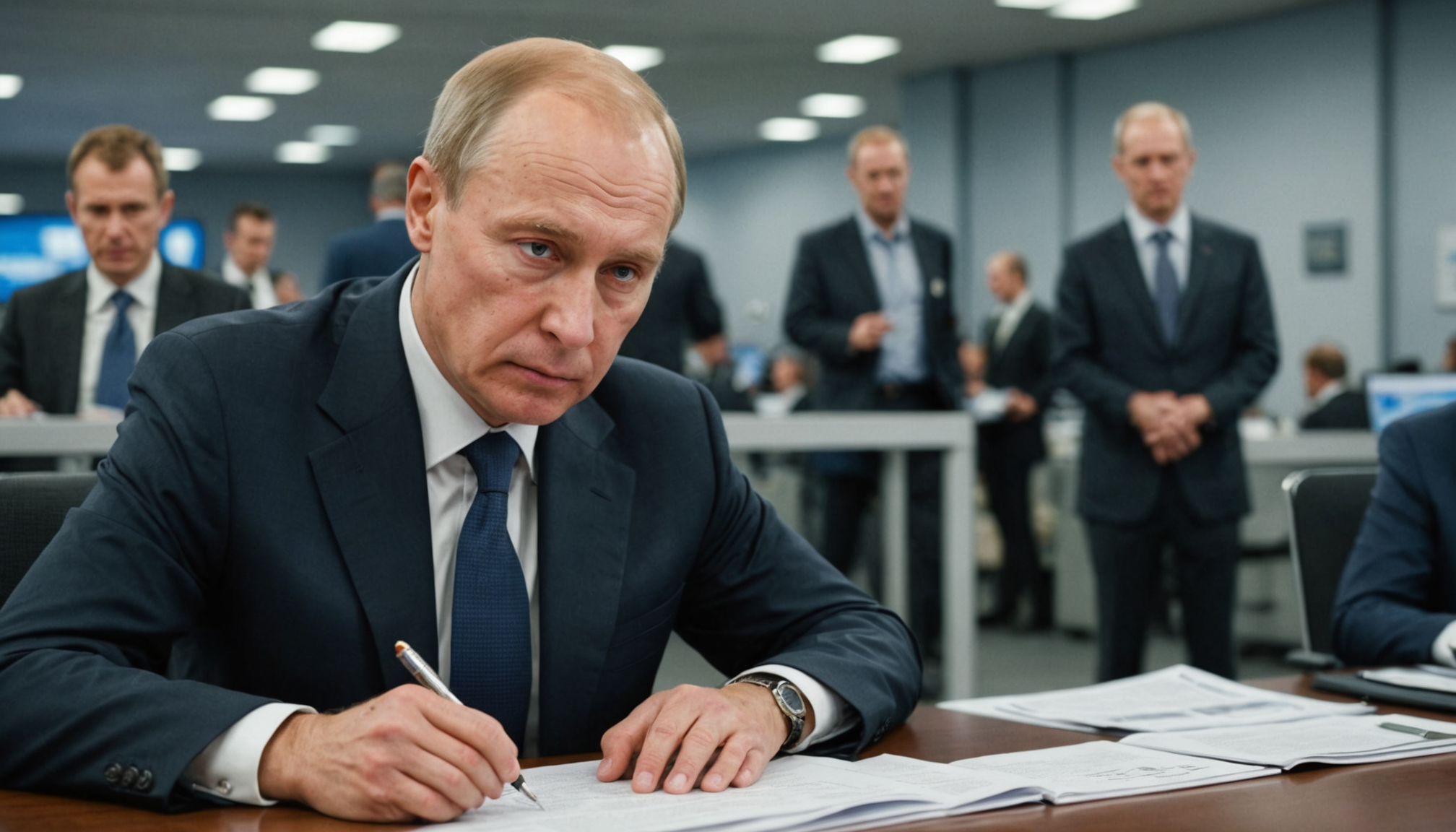
What’s next
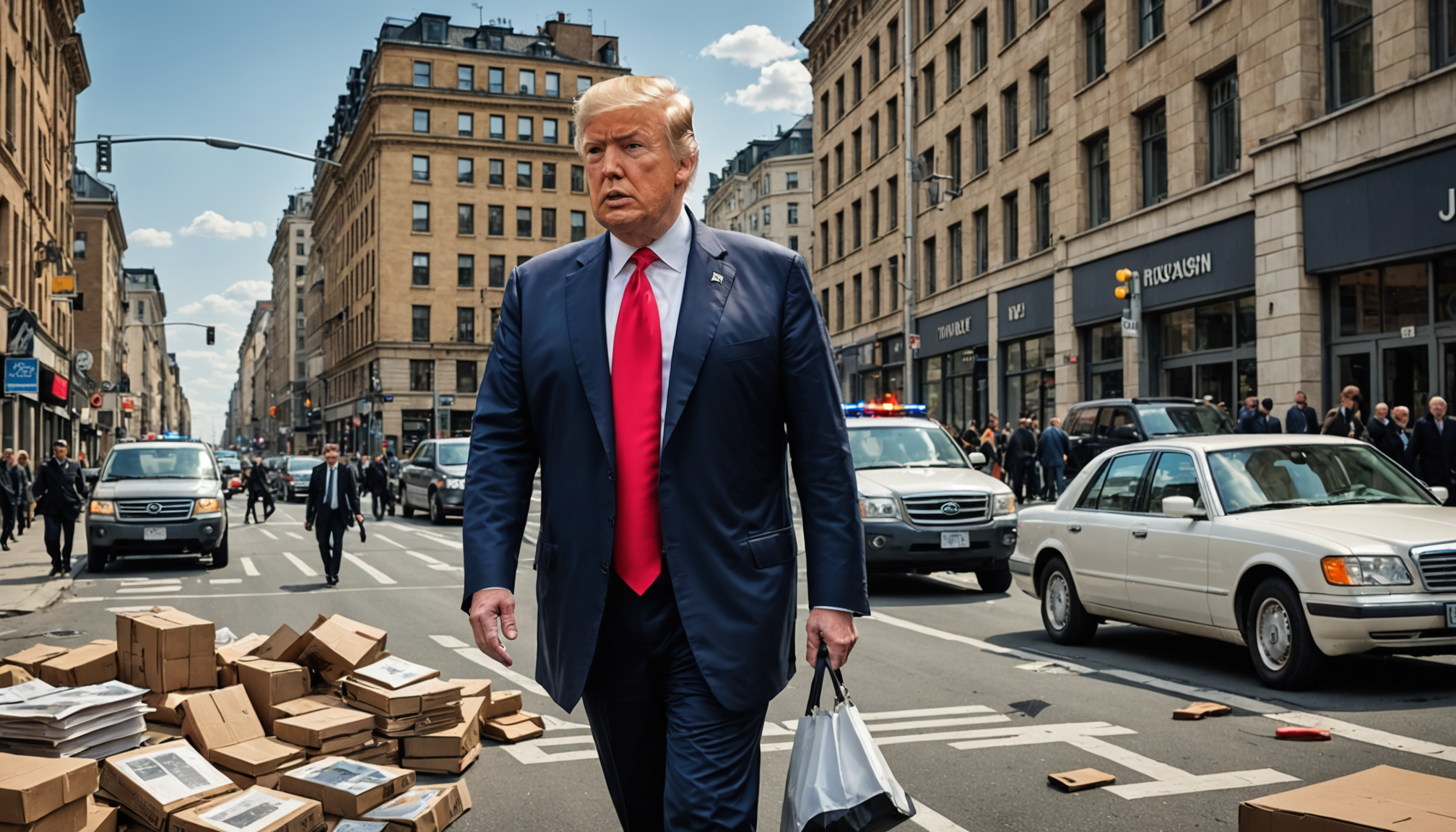
The situation remains fluid, with ongoing discussions among NATO members regarding further sanctions and the potential economic consequences. The US and its allies are carefully considering the strategic and economic implications of further restricting Russian oil exports, balancing the need to pressure Russia against the risk of escalating global energy prices and destabilizing the global economy. The potential impact of further sanctions on global energy markets and the global economy remains a key area of concern.
The US commitment to imposing further sanctions on Russia is conditional on the unified action of NATO nations in ceasing the purchase of Russian oil. The strategic interplay between Russia, NATO, and other major global players (such as China and India) will continue to shape the course of the conflict and influence future actions concerning sanctions and economic measures.
[Source]

